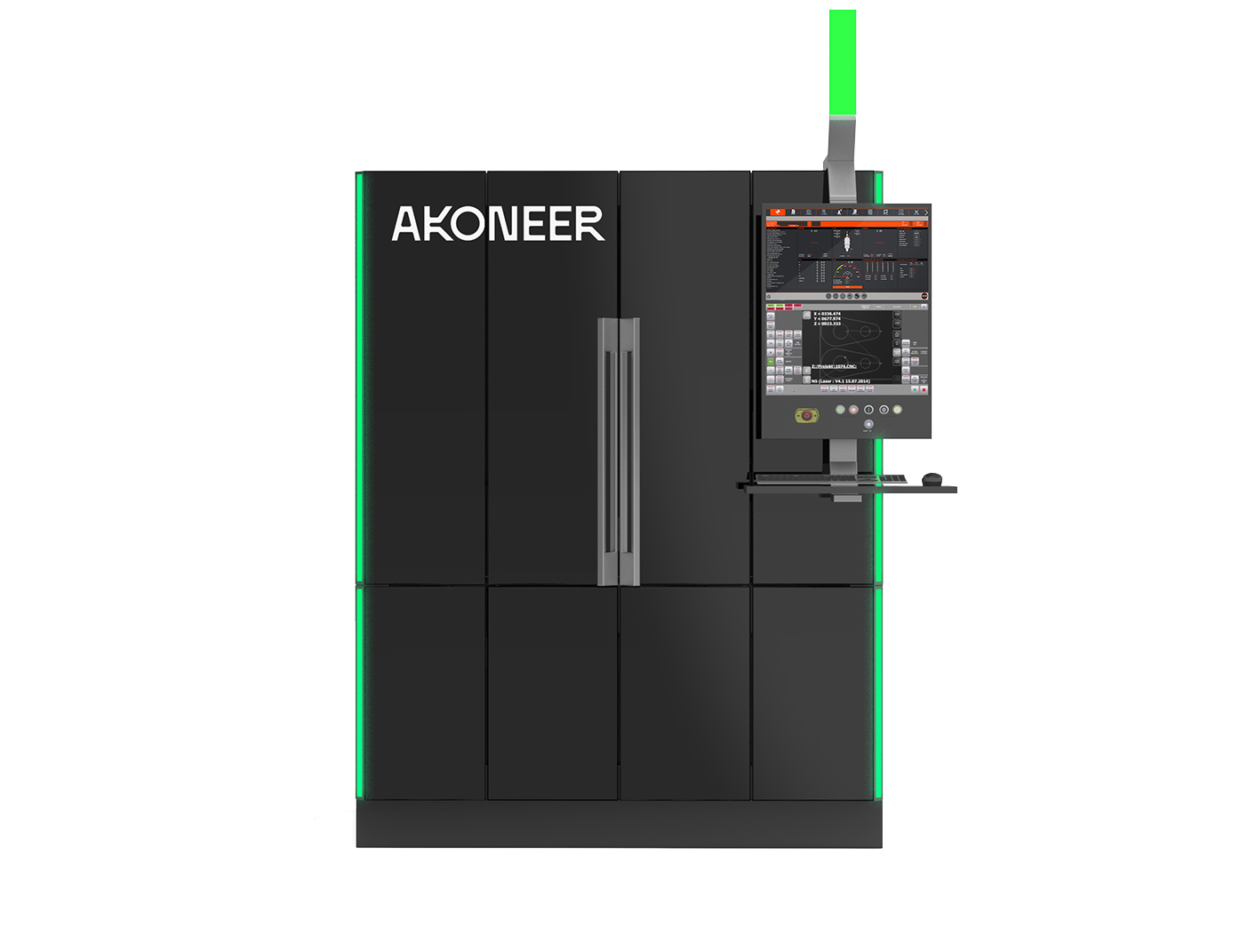Manufacturing & Industrial Applications
The Manufacturing & Industrial Applications sector includes various activities related to the production and processing of goods, spanning from raw materials to finished products. This sector is fundamental to the global economy, fostering innovation, increasing productivity, and elevating product quality across multiple domains. In recent decades, laser technology has become a crucial instrument in this industry, transforming manufacturing processes through its accuracy, adaptability, and efficiency. Lasers, initially created for scientific inquiry and communication, are now essential to various manufacturing processes, facilitating previously inconceivable advancements.
Utilization of Lasers in Manufacturing and Industrial Sectors
Lasers are utilized in various applications within the manufacturing and industrial sectors, each demonstrating their distinct capabilities:
-
Cutting and Welding: A prevalent application of laser technology is in the cutting and welding of metals and various materials. Lasers generate clean, precise cuts and welds with minimal heat-affected zones, crucial for preserving the integrity of the materials involved. This is especially beneficial in the automotive and aerospace sectors, where accuracy and durability are paramount.
-
Marking and Engraving: Lasers are extensively employed for marking and engraving products, yielding a resilient and superior finish. This application encompasses multiple sectors, including electronics, where components require serial numbers or barcodes, and the jewelry industry, where elaborate designs are inscribed onto precious metals.
-
Surface Treatment: Lasers can modify the surface characteristics of materials to enhance hardness, wear resistance, or corrosion resistance. Methods like laser hardening and cladding are frequently employed in the tooling and machinery sectors to prolong the durability of components.
-
Additive Manufacturing: In 3D printing, lasers are integral to additive manufacturing techniques such as Selective Laser Sintering (SLS) and Direct Metal Laser Sintering (DMLS), wherein layers of material are amalgamated to form intricate geometries. This application is especially advantageous for prototyping and manufacturing bespoke components.
-
Micro-Machining: In sectors necessitating exceptional precision, such as electronics and medical device fabrication, lasers can execute micro-machining operations that entail the formation of minuscule features on components. This capability is essential for manufacturing microelectronics and complex medical implants.
Advantages of Laser Technology
The incorporation of laser technology into manufacturing and industrial applications presents numerous significant benefits:
-
Precision: Lasers offer unparalleled accuracy, enabling manufacturers to create components with exceptionally tight tolerances. This is particularly crucial in industries such as aerospace, where accuracy is imperative.
-
Efficiency: Laser processes generally surpass traditional methods in speed, resulting in enhanced throughput and diminished production times. This efficiency results in cost savings and enhanced resource utilization.
-
Non-Contact Processing: As lasers do not physically engage with the material, tool wear is eliminated, and the likelihood of contamination or distortion is significantly reduced. This is essential for preserving the quality and uniformity of the final product.
-
Automation Compatibility: Lasers can be seamlessly incorporated into automated production lines, thereby augmenting productivity and minimizing human error. Automation is a fundamental catalyst of contemporary manufacturing, and lasers integrate effortlessly into this framework.
Ascendant Trends
Laser technology is perpetually advancing, with numerous emerging trends and innovations influencing its future in manufacturing and industrial applications:
-
Advanced Laser Sources: Recent advancements in laser technology, including fiber lasers and ultrafast lasers, are broadening the spectrum of materials and applications suitable for laser utilization. These sophisticated lasers provide enhanced power, efficiency, and versatility.
-
Hybrid Manufacturing: The integration of conventional manufacturing methods with laser-based techniques is increasingly prevalent. Hybrid manufacturing facilitates enhanced flexibility, permitting manufacturers to capitalize on the advantages of various processes within a singular production line.
-
Green Manufacturing: Lasers enhance sustainable manufacturing by minimizing material waste and energy usage. As industries pursue environmental accountability, the significance of lasers in sustainable manufacturing is expected to increase.
-
Industry 4.0: Within the expansive Industry 4.0 initiative, lasers are progressively incorporated into intelligent manufacturing systems. These systems utilize data and connectivity to enhance production processes, with lasers serving a crucial function in facilitating precision and adaptability.
Laser technology has significantly revolutionized the manufacturing and industrial sectors, providing unparalleled precision, efficiency, and versatility. As the industry progresses, the function of lasers is anticipated to broaden, propelled by continuous innovations and the urgent demand for sustainable, automated manufacturing solutions. Utilizing laser technology, manufacturers can improve product quality, decrease expenses, and maintain competitiveness in a dynamic global market. The future of manufacturing is promising, and lasers will certainly persist in guiding progress.
